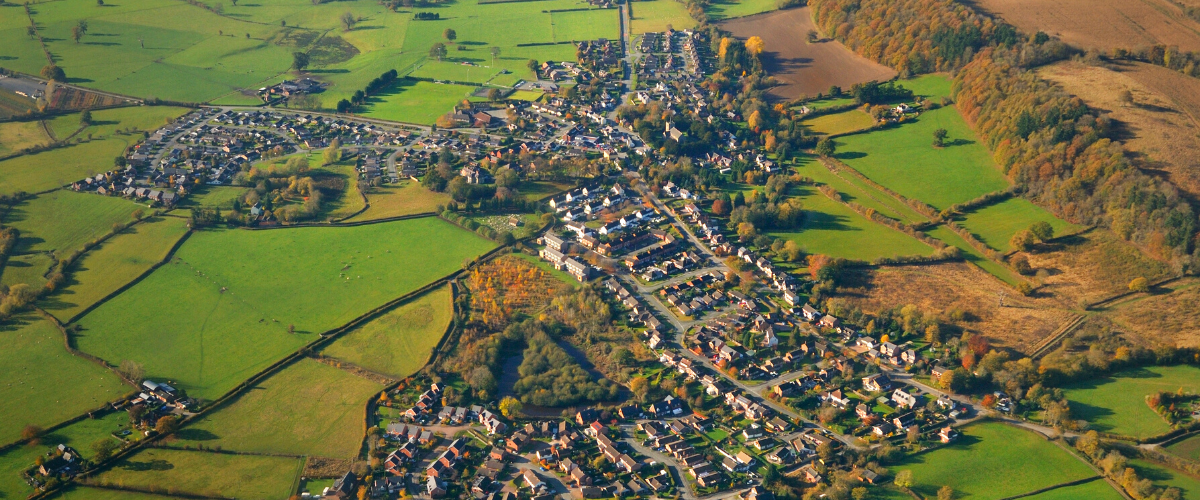The IV Summit becomes a clamor for rural development

The Summit of Regions held in Temuco, Araucanía (Chile), was conceived as a space in which the conclusions of the Summit on Food Systems convened by the Secretary General of the United Nations, Antonio Guterres, on September 2, 2021. That Summit, held in New York, was very sensitive to the rural world. It had been a long time, in fact, that an event on the global agenda had not paid so much attention to the rural. ORU Fogar, which has always been very sensitive to the issue, had to pick up the gauntlet sent by the United Nations.
In his inaugural speech, the president of ORU Fogar, Rachid El Abdi, pointed out the importance of this approach. For the president of the Council of Rabat Salé Kénitra, in rural areas not only is the being or not being of SDG 2 “Zero Hunger” at stake, but also SDG 1 “Eradicate poverty”. “The fight against poverty -he affirmed- must begin in rural areas through the best use of existing resources and also through the adoption of techniques that would allow launching the green revolution and avoiding the death of hunger of hundreds of millions of people. We are very happy that the United Nations once again turns its gaze towards the rural world because we are sure that food security begins with rural prosperity”.
Also Moroccan, Abdelouahed El Ansari, president of the Regional Council of Fès-Meknès, and Toufik El Bourch, vice-president of the Regional Council of Tanger-Tétouan-Al Hoceïma, also focused on the issue, pointing out that "hunger can only be fought if the rural world develops”. The president of Fès-Mèknes spoke of the need to have rural and mountain areas well connected. Thus, he explained how a good road and trail policy affects the development of a territory, connecting all the populated enclaves of the territory. The Vice President of Tanger-Tétouan-Al Hoceïma stated that rural development is not only about agricultural policies. "We must move -he said- from agrarian policies to more general and comprehensive policies."
All those questioned about this issue, both from southern and northern countries, expressed great concern about the emigration of young people from rural areas to cities. Marie Stella Kouassi, head of Cooperation at ARDCI, Ivory Coast, spoke of the "brain drain" suffered by rural areas. Martín Guillermo, from the Association of European Border Regions, expressed himself in the same sense “distant areas, particularly border areas, keep talented young people away”. For this reason, he defended the need to generate cross-border dynamics that, instead of driving away, attract. “We must create friendly spaces for young people. To retain this population we must not only have technology. We must bet on the existing talent in the rural world”.
The speakers from Europe unanimously expressed their concern about the lack of generational change in the agricultural and livestock sector. In this sense, the intervention of Arantza Madariaga, managing director of the Basque Foundation for Agrifood Safety, was especially interesting. She defended the need to "dignify the agrarian world, showing the utmost respect for those who produce food." And she explained: “The development of the rural world is problematic also in Europe. Bringing the urban and rural world closer, in the sense of offering the same quality of life, continues to be difficult. We do not want a rural space that is only residential. We want a rurality where you can live but also work. For all these reasons, the rural agenda must be permanently on the political agenda and also on the budgetary one”.
The Summit also dealt with "Water security, reforestation and sustainable agriculture". It was found that climate change, which no one now denies, will lead to a change in the precipitation system and will surely also lead to desertification processes. Many crops, in all geographies, are going to be threatened. Water management, it was said, is going to require investments like never before. Salah El Aboudi, vice-president of the Eastern region of Morocco, a region with a percentage of desert territory, explained how these investments are already being made in his region, explaining various water management projects, both surface and underground, water reuse, but also desalination plants.
No less extensive is the water management work that the Peruvian regions are doing and that was exposed by Mary Esther Rosales, executive director of ANGR. In Peru, as well as in other Latin American territories, there is talk of "planting and harvesting water", a policy that, based on reforestation and the recovery of ecosystems in the Andean heights, allows water resources to be maintained. María Esther Rosales concluded her speech stating: “raindrops turn into water and water turns into a sea of opportunities''.







































































